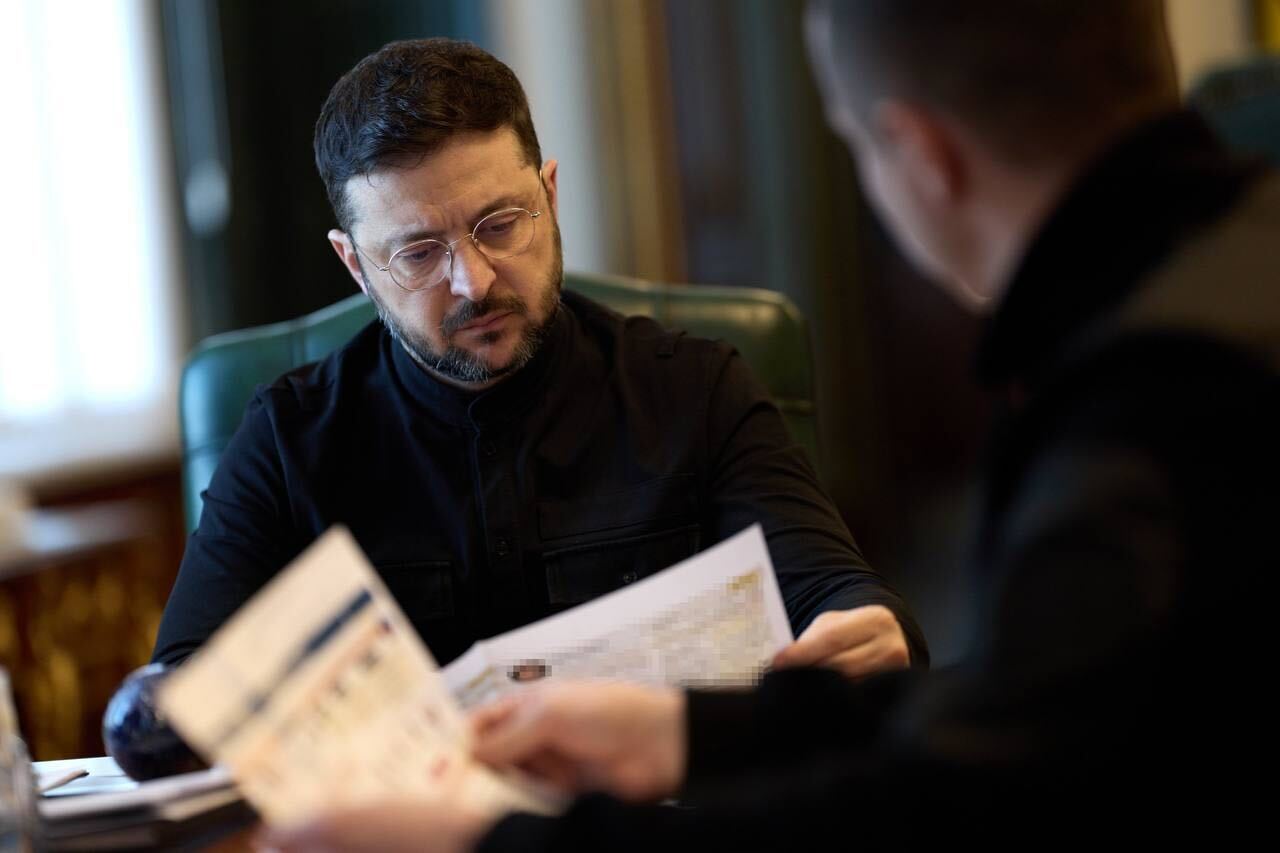Yes, There Are Plausible Legal Rationales for the Syria Strikes
My friends Jack Goldsmith and Oona Hathaway published two essays in which they expertly propound what I must concede is probably the opinion of many if not most scholars: that the recent strikes on Syria violated both domestic and international law.
Allow me to offer a different view.
In two recent posts, one pre-strike and another post-strike, I discuss how a norm could be developing that draws from conventional international law concepts—reprisal, jus cogens, and hostis humani generis. They might be coalescing into a new norm that would permit the use of force absent traditional legal justifications, at least in the very limited circumstance where a virtually universally prohibited weapon of mass destruction was used against civilians
In my view such a hybrid norm is needed to preserve the vitality of international law. Not only must helpless civilians be protected from attack by these reviled weaponry, it also must be shown that serious violations of international law carry serious consequences. Domestically, I believe that the “gloss” of history has evolved the president’s Article II powers to the point where brief and limited uses of force such as this are constitutional where the president determines that a “vital national security interest of the United States” is at stake, and Congress has not previously acted to restrict the President’s authority in some specific way.
However, in my prior posts I also mentioned—as I did following last year’s strikes—that a plausible anticipatory self-defense justification also exists. Part of my argument last year related to the fact that 500 U.S. troops were then in Syria to help defeat the Islamic State in collective self-defense with Iraq under an “unwilling or unable” theory. Since then, that number has reportedly grown to as many as 2,000, all well within the range of a number of Syrian weapons’ delivery systems. Although the international legal basis for the United States and other members of the global coalition to defeat ISIS is still arguable, the fact is that the coalition now has 75 partners. This state practice provides a solid legal basis supporting the presence of American troops.
The Syrian threat to U.S. forces was—and is—not remote or speculative. Let’s not forget that the Washington Post reported in February that the “Syrian government has repeatedly threatened to use force to ensure the departure of U.S. troops from Syria.” Although the mission of the U.S. forces in Syria is to defeat ISIS, some of the forces opposing ISIS that the United States is supporting are also adversaries of Assad’s regime. Very recently, pro-regime mercenaries and others attacked those forces in a way that put Americans directly at risk.
For example, U.S. Central Command said that on Feb. 7, “Syrian pro-regime forces initiated an unprovoked attack against well-established Syrian Democratic Forces headquarters.” The attack was a very substantial one. The Washington Post quoted a U.S. military spokesman as saying it involved “several hundred infantry troops backed by tanks and artillery.” Significantly, the spokesman also confirmed that “U.S. military personnel advising the Kurdish-led SDF were at the base at the time.” Notably, the Trump administration has asserted both the domestic and international legal authority to defend the SDF against Assad regime attacks. This explains why Central Command said it responded with military force in the Feb. 7 incident in “defense of Coalition and partner forces.”
Coalition airpower successfully stymied that attack with airstrikes that killed, according to CIA director Mike Pompeo, “a couple of hundred” Russian mercenaries working with other pro-Syrian forces. It is not hard to imagine, however, that following that defeat of his conventional forces, Assad and his cronies might seize upon unconventional weapons of mass destruction as a way of counterbalancing the coalition’s military power. In fact, experience shows that Assad has used chemical weapons with much impunity to successfully intimidate opponents.
The idea of overrunning a SDF headquarters along with its American advisers could be extraordinarily tempting, as it could quickly create a fait accompli that could operate to collapse not just the SDF’s position in Syria, but America’s as well. Perhaps Assad would think he could replicate a “Black Hawk Down” effect where the deaths of Americans caused a withdrawal of U.S. forces, much as the recent deaths of American soldiers in Niger is causing a rethinking of that mission.
Obviously, a self-defense rationale resonates in both international and domestic law. Article 51 of the U.N. Charter is widely-interpreted to permit anticipatory self-defense, and I agree with the Obama administration’s conclusions that today the “imminence” requirement must be more broadly construed, especially where weapons of mass destruction are involved. And I think that the president’s domestic authority to act to defend troops in the field is not much questioned.
But ironically, much of the substantive—rather than legal—criticism of the strikes seems to be that they were not forceful enough. Johns Hopkins professor Eliot Cohen argues that the strikes were not “proportionate.” In his view “[p]roportionality, in this case, would require asphyxiating Bashar al-Assad’s children slowly with chlorine gas, and making sure that the world knows about it.” Others complain that the strikes won’t change the course of the Syrian civil war.
Among other things, Cohen and others misapprehend the limits of the law of self-defense—aside from the hybrid norm I suggest is emerging. Legally speaking, the strikes should not be about regime change, or anything more than an effort to halt the violation of a jus cogens norm that was in fact threatening civilians, as well as U.S. and allied military personnel. In this instance, the military response is necessarily narrow and focused—factors which, in my view, enabled the operation to be a coalition effort, and one that has garnered meaningful global support. It is extremely unlikely that the United Kingdom or France would be involved in military action that was not demonstrably confined to countering chemical weapons, as their leaders focused on this threat in their public statements.
That’s not to suggest that the broader issues aren’t vital ones. I completely agree with Sen. John McCain when he says that “[a]irstrikes disconnected from a broader strategy may be necessary, but they alone will not achieve U.S. objectives in the Middle East.” He also says:
To succeed in the long run, we need a comprehensive strategy for Syria and the entire region. The President needs to lay out our goals, not just with regard to ISIS, but also the ongoing conflict in Syria and malign Russian and Iranian influence in the region.
He could not be more right. That said, we shouldn’t underestimate the advancement of norm development that the military operation accomplished by the use of force. Kori Schake observed that the U.S. strategy:
[P]roduced an outcome of working in conjunction with allies—both militarily and at the UN—to enforce the international norm prohibiting the use of chemical weapons. This was something Obama, the advocate of international norms and institutions and great advocate of non-proliferation, only pretended to do.
Nevertheless, it is vitally important that understand that the facts matter, and whatever norm may be developing as to weapons of mass destruction is a narrow one and would not apply to any other situation. No one should construe this case to be precedent for any President or other world leader to use force “basically whenever he [or she] sees fit.”




